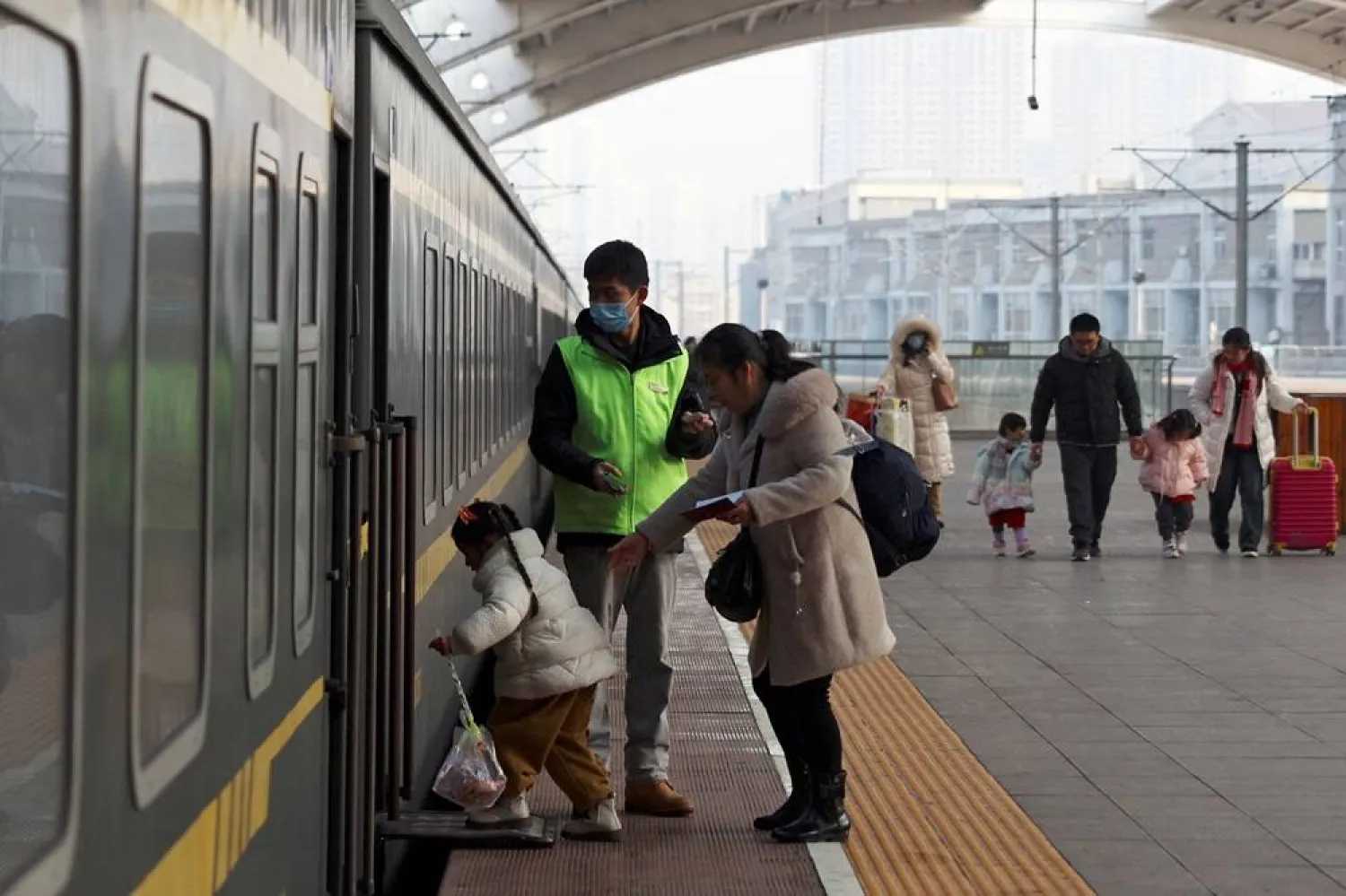Young Chinese flocking home for Lunar New Year this weekend have turned to an AI chatbot game to help train for the most dreaded social interaction of the year -- the dinner table interrogation by nosy relatives.
The annual inquisition as extended families gather for China's biggest festival is a cultural touchstone across the country, portrayed in films, books and articles and bemoaned every year online.
The new game, which uses an AI chatbot to simulate the barrage of squirm-inducing questions young people can expect to face -- "Got a partner yet? When are you getting married? How much did you earn last year?" -- was developed by a group of students for a competition in just 24 hours.
But "Epic Showdown: New Year Reunion" gained over three million users within a week of its release at the end of January, before its servers crashed because of over-popularity.
"At the beginning, everyone thought this was a game that dissed relatives," one of the creators, Wang Ziyue, told AFP.
"But later, people realized they could use it to find how to communicate with their loved ones and make them happy," the 21-year-old said.
Loving AI aunties
The game features a cast of 10 relatives of varying degrees of disapproving, prying or caring.
Users can be condemned as "selfish", "unfilial" or accused of "letting the family down" if their work or marriage situation does not satisfy their cross-examiners, or if they reply rudely.
The AI aunties can also be loving, with entreaties to "be sure to keep safe while driving" or to "keep warm".
Players must navigate through different levels, appeasing all eight aunts and uncles before progressing to the final bosses: the parents.
Wang told AFP the game was designed to help cross-generational communication.
"We hope to bring some humanistic care to young people during (Chinese New Year)... and help them understand the love and concern of their relatives," she said.
Some are playing for more cathartic reasons -- to tell their "family" what they really think.
"In traditional scenarios, you can't speak freely," said product manager Shi Hongjie.
"That accumulated grievance can easily erupt one day. Now, you can vent to AI, making it easier to chat with family when you go home."
Some users have been surprised by how convincing the experience is.
"After eight rounds of inquiries... I'm sweating (with nervousness)," said one reviewer on Instagram-like Xiaohongshu.
Others have found themselves unexpectedly moved by the substitute relatives.
"As someone who can't go home this year, I was touched (by my AI mom) at the end of the game," confessed one.
Group leader Yu Linfeng said one user, whose father died 14 years ago, told him he had cried all night after playing.
Yu said they told him: "It's been so long since I've had a conversation like this with a relative."









